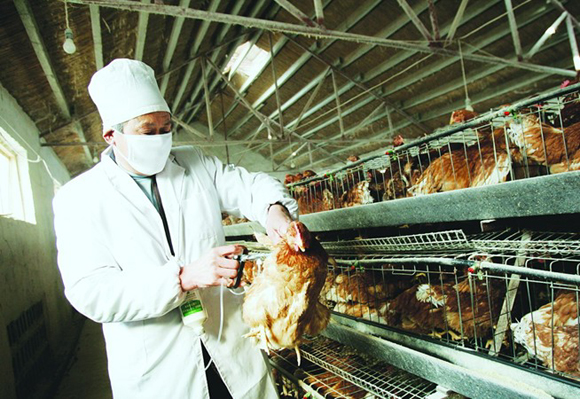The doctrine of the mandate in Scotland
In September 2014, less than 3 years ago, 2m Scots voted to stay in the UK, and just over 1.6m voted to leave. It was a convincing result. It was a once in a generation question, as the SNP agreed at the time.
Since then the SNP has never gathered anything like as many votes as the Independence campaign secured. The SNP managed 1.45 million in the General Election of 2015 , and only 1.05 million in the 2016 Scottish Parliament elections. There is no evidence in either of those votes of more people deciding to back the SNP because they wanted to change their minds from the Independence referendum itself. It is difficult to see why the SNP argue their subsequent polling justifies asking the public again after such a short passage of time to re run the Independence referendum. It is interesting that since the referendum the SNP have not managed to get a significant number of their referendum supporters to back them again.
Mr Brown has decided to have another go at the argument over Independence and devolution, just as he did in 2014 and when in office. He labours under one simple misapprehension. Offering Scotland more and more devolved power he thinks will end the pressure for independence. The opposite seems to be the case. The more power the Scottish Parliament is given, the more the SNP demand. They were quick to dismiss his arguments yesterday when he blurted onto the airwaves. Mr Brown may believe it when he claims he saved the Union by getting Mr Cameron to offer yet more devolution. From my memory of the campaigns, it was the absence of good answers from the SNP to how the money would work out, and which currency they would be using, that helped persuade a majority to say No to the SNP offer. If every time the SNP demand more powers the Union Parliament grants them, you should expect the SNP to go on asking for more. It is also better than having to be accountable for exercising the powers they do have, as they can always try to claim that they need the extra powers to be able to achieve something.
There does not seem to be any amount of authority that leads to the SNP saying they will now get on with using the powers they have got for the betterment of Scotland.
